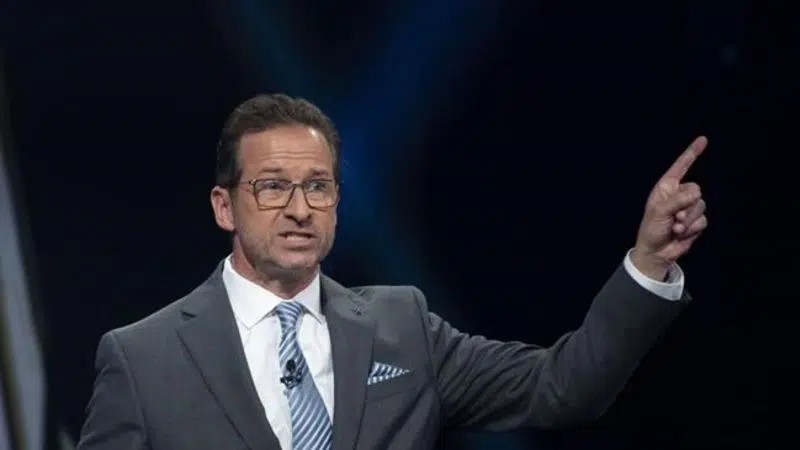
Bloc election strategy struck chord with appeal to Quebec pride, not sovereignty
MONTREAL — Elyse Bodnar, a long-time Liberal voter, says she thinks Bloc Quebecois Leader Yves-Francois Blanchet is just “terrific.”
Bodnar, who was in the audience when Blanchet visited her Montreal seniors’ residence this week, said she discovered the Bloc leader during the first French-language television debate.
“He kind of got my attention,” the 68-year-old said of Blanchet’s Oct. 2 debate performance. “And then I saw the respect that others on the debate stage had for him, and I also respected him.”
Blanchet’s speech Thursday to Bodnar and about 50 of her fellow residents reflected the approach he has taken throughout the federal election campaign. He minimized talk of Quebec independence and instead focused on pride.


